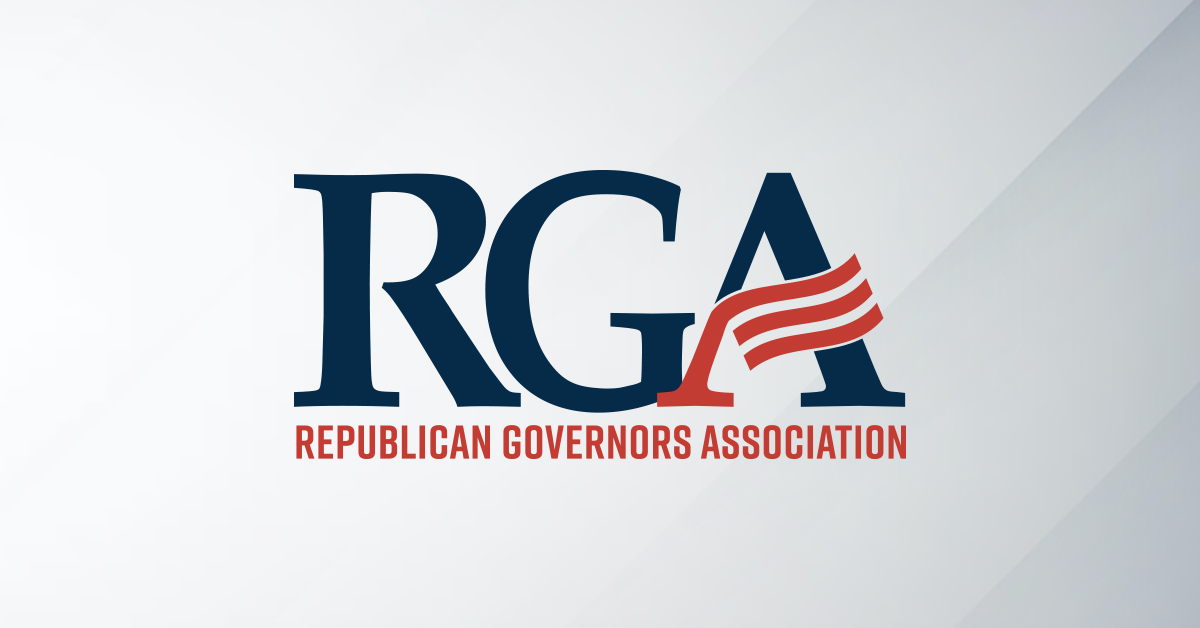
Despite taking criticism for painting a falsely “rosy” picture of Rhode Island’s economy and even getting caught pushing phony job stats to bolster her image, Democrat Governor Gina Raimondo continues to try and mislead voters on her economic record. The Providence Journal published a new editorial yesterday stating that “hard numbers” show Rhode Island’s economic growth continues to lag behind, noting that it has “barely recovered what it lost during the Great Recession.”
The Journal went on to claim that Rhode Island “was one of the first into the recession and one of the last out,” despite Raimondo’s rhetoric. With an unemployment rate above the national average, lackluster job growth, and Raimondo’s approval numbers plummeting, it seems voters just aren’t buying Raimondo’s spin.
The Providence Journal writes:
“Politicians seeking reelection in Rhode Island, from Gov. Gina Raimondo on down, have been quick to tout indicators suggesting the state’s economy is getting stronger. But one very reliable measure, using hard numbers, shows Rhode Island still has a long way to go.
The Pew Charitable Trusts reported last week that while state tax revenues nationwide were up 9.1 percent from their pre-Great Recession 2008 peak, a number of states — including Rhode Island — have seen a much slower recovery.
According to the Pew report, Rhode Island’s state tax revenues during the fourth quarter of 2017 were up just 1.6 percent above their pre-recession peak, when adjusted for inflation. By comparison, Connecticut’s revenues were 6.3 percent above their pre-recession peak, and Massachusetts’ were up 11.8 percent. Energy-rich North Dakota had the strongest growth, 31.6 percent.
Tax revenues reflect the health of an economy. When the economy is robust, tax revenues go up. When the economy is weak, tax revenues go down. So even as Rhode Island’s leaders tout subjective rankings such as CEOs’ impressions to show that Rhode Island has made great strides, tax revenues show it has barely recovered what it lost during the Great Recession.
In fact, the Pew numbers tell a familiar tale about Rhode Island. State revenues started to go down in 2007, before those in Connecticut or Massachusetts began to decline, and before state revenues began to decline on a national basis. And Rhode Island took longer than its neighbors, and most states, to get back to its pre-recession peak. In other words, by yet another measure, Rhode Island was one of the first into the recession and one of the last out.”





See the latest videos from RGA
Watch our videosThe numbers say it all. New Hampshire can’t afford to become @maura_healey's Massachusetts.
NEW: Eleven economic development projects in Ohio are expected to create 1,025 new jobs statewide.
Details: https://bit.ly/3J1ZYDO
Follow RGA on Twitter
Follow RGA on Facebook